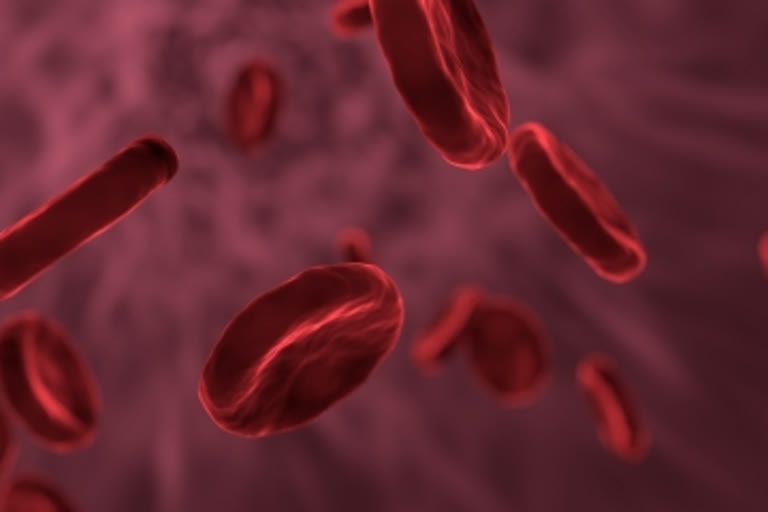The discovery, published in the journal Viruses, improves the understanding of how inflammation caused by COVID can lead to upper extremity blood clots and how best to treat them.
While there have been reports of lower extremity deep vein thrombosis following COVID-19, this is the first study in which the disease triggered a recurrence in the upper arm of an active 85-year-old man who had a prior diagnosis of upper extremity blood clots.
"The patient presented to his primary care physician with complaints of swelling in his left arm and was sent to the hospital for further management where he was diagnosed with an upper arm blood clot and an asymptomatic COVID-19 infection," said Payal Parikh, assistant professor of medicine at Rutgers Robert Wood Johnson Medical School, who led the study.
While his oxygen levels were not diminished, he was hospitalized for the management of the upper extremity deep vein blood clot.
"Often, blood clots are preceded by chronic inflammatory conditions exacerbated by immobility, and rarely do they occur in patients who are otherwise healthy and active at baseline," said Parikh, who led the study along with Martin Blaser, director of the Center for Advanced Biotechnology and Medicine.
Most cases of deep vein thrombosis occur in the legs. Only about 10 percent of blood clots occur in the arms and of those cases, only 9 percent recur.
"This is of concern since, in 30 percent of these patients, the blood clot can travel to the lung and be possibly fatal," said Parikh. "Other disabling complications include persistent swelling, pain, and arm fatigue."
The study suggests that clinicians should consider testing for deep vein thrombosis and COVID-19 in patients who present with complaints of unexplained swelling. People who test positive should seek medical attention if they have declining oxygen levels, shortness of breath, and any unexplained swelling.
"If you have been previously diagnosed with deep vein thrombosis or have a chronic medical illness that predisposes you to blood clots, you have a higher risk for recurrence of a deep vein thrombus in the setting of a COVID-19 infection and thus, should be vigilant," said Parikh
(IANS)



